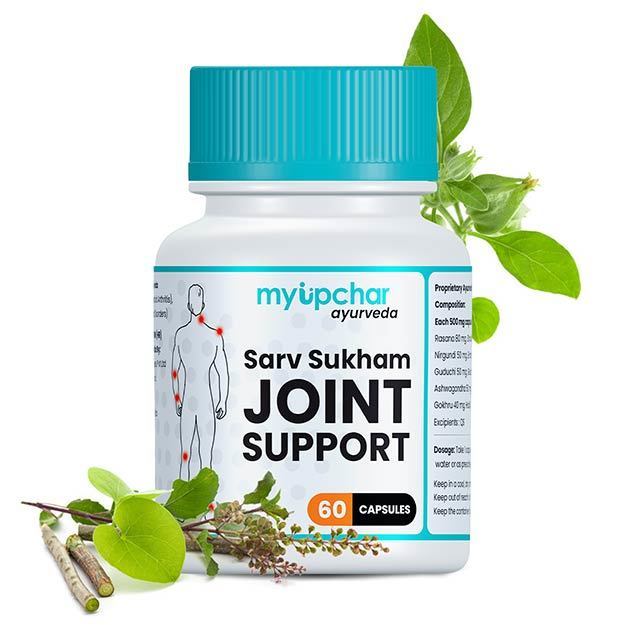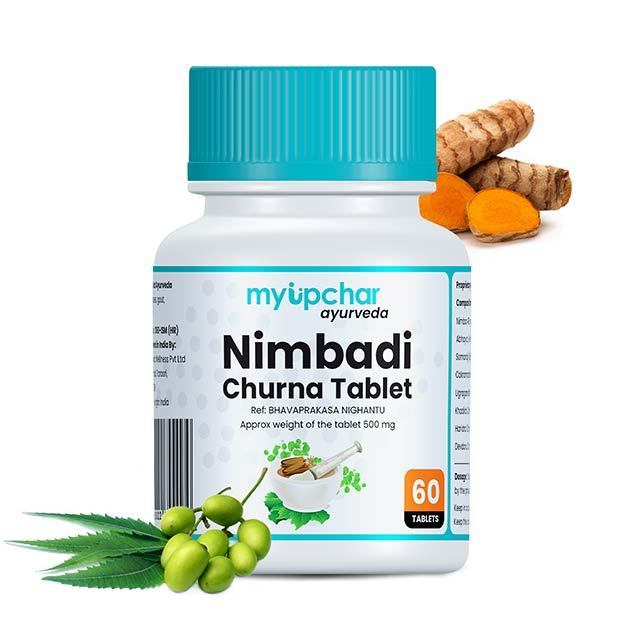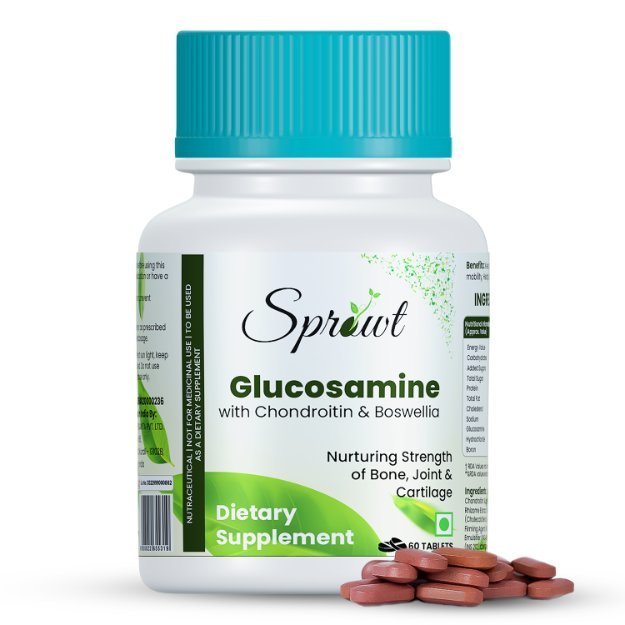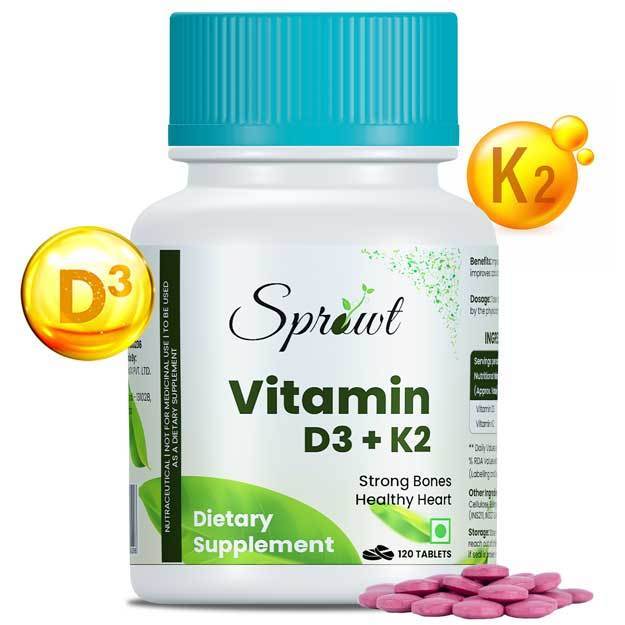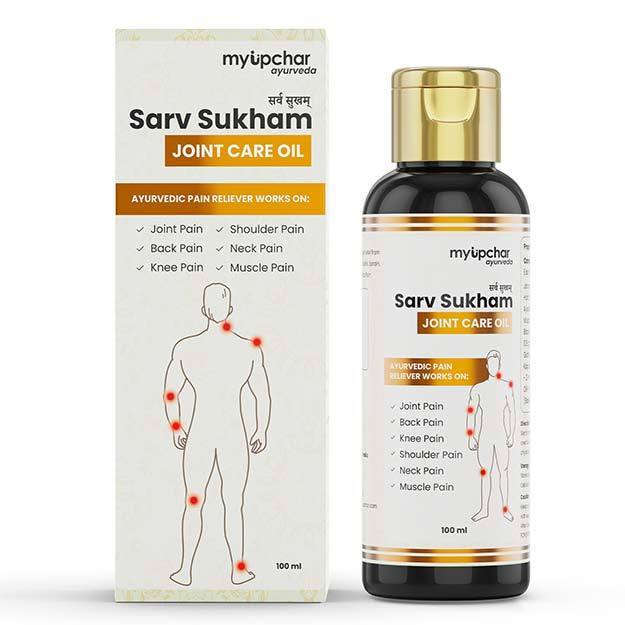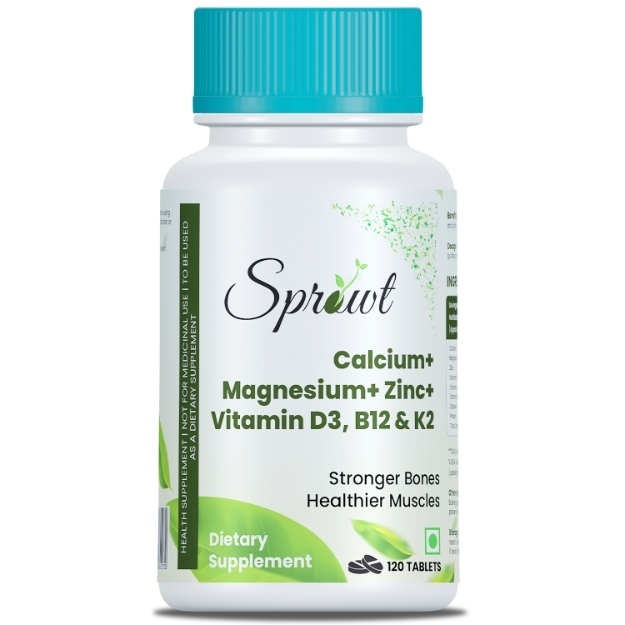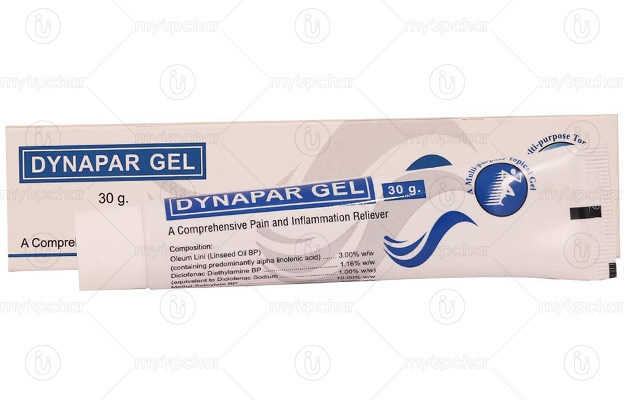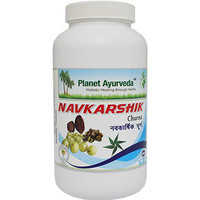Walk On is a prescription medicine that is available as a Gel, Tablet. Primarily, it is used for the treatment of Muscle Pain, Toothache, Rheumatic Pain. The alternative uses of Walk On have also been explained below.
Medical history of the patient along with age and gender determines the dosage of Walk On. Dosage also depends on the route of administration and your chief complaint for which the drug is prescribed. This information has been provided in detail in the dosage section.
Apart from the aforementioned side effects, Walk On can also lead to other problems, which have been listed below. Usually, these side effects of Walk On go away soon, and do not persist beyond the duration of the treatment. If, however, they worsen or do not go away, please speak with your physician.
In addition, Walk On's effect is Severe during pregnancy and Mild for lactating mothers. Warnings related to Walk On's effects on the liver, heart and kidney, if any, have been listed below.
Walk On is not recommended if you suffer from certain medical conditions as it can have adverse effects. Stomach Infection, Skin Rash, Stroke are examples of such conditions. Other conditions have been mentioned below in the Walk On contraindications section.
Drug reaction of Walk On with other medicines has been reported. Refer to the list below for further details.
In addition to the above precautions for Walk On, it is important to know that it is safe while driving, and is habit-forming.
X









